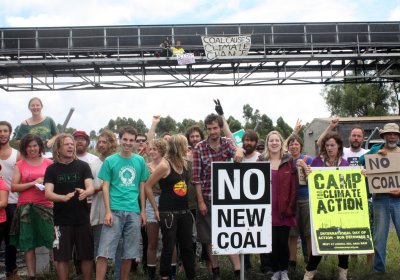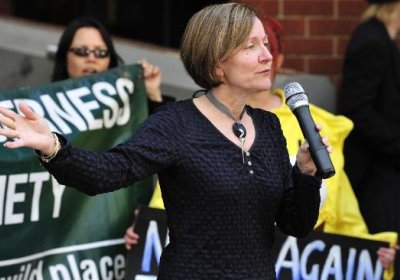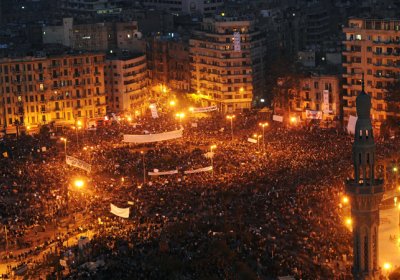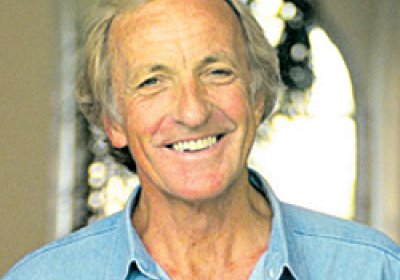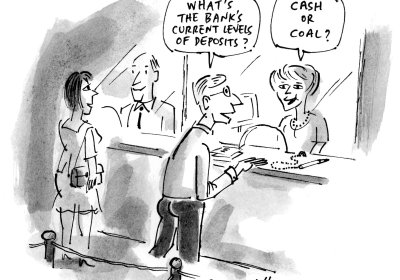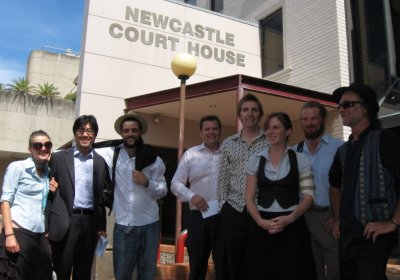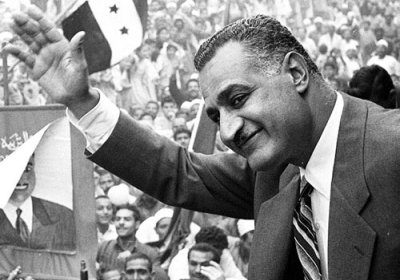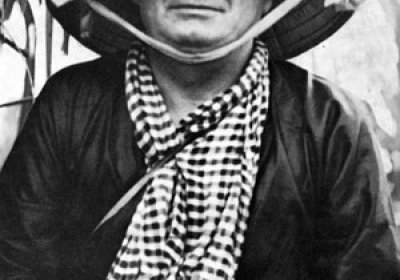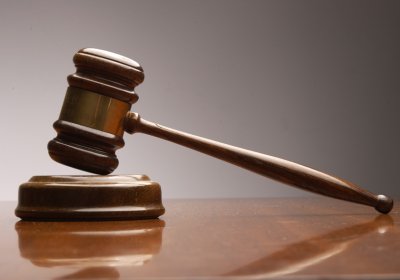Seventy-three people who took part in a non-violent direct action protest during December’s Climate Camp appeared in Muswellbrook local court on January 31 to answer to charges under the Rail Safety Offences Act.
Hundreds of climate protesters gathered at Climate Camp for five days of talks, debates and discussions on the best ways for the community to stop the proposed expansion of Bayswater coal-fired power station. The station is already one of Australia’s largest sources of greenhouse gas emissions.
867
The federal senate has agreed to an inquiry into the practice of forcible adoption in Australia between the 1940s and ’80s, supporting a motion by Greens Senator Rachel Siewert on November 15.
“Today’s vote starts to recognise the suffering that so many people have endured as a result of forced adoption policies,” Siewert said. “There is no doubt that many women were treated very badly as a result of these policies. Young and vulnerable mothers were pressured into adoptions, and often had to surrender their newborn children without being allowed to see them.
Regardless of the outcomes of the Egyptian and Tunisian revolutions, and regardless of whether protests for democracy in Yemen, Jordan and other Arab countries grow into similar uprisings, the Middle East has fundamentally changed.
As momentous events in Egypt demonstrate, much of the world is calling to account an “old order”. These are exciting times for the possibilities of real change in the way our societies are run.
One of the catalysts of the “people power” we see on our TV screens is the extraordinary disclosure of secret information that tells us how wars begin and governments manipulate and deceive in our name.
In the tradition of courageous investigative journalism, WikiLeaks has blown the whistles that alert us to these injustices and lies, serving a basic democratic need.
Members of environmental group Katoomba Climate Action Now (CAN) gathered on December 21 outside their local branch of the ANZ Bank to demonstrate, leaflet and chat with customers, staff and passers-by about coal.
Recent research by Greenpeace has shown the bank is one of the most substantial and consistent investors in coalmining and coal-fired power stations in Australia.
Environmental scientists regard coal as the dirtiest of power generation fuels because of its prolific carbon waste output.
Ongoing democracy protests in Tunisia, which continued beyond the January 14 overthrow of President Zine al-Abidine Ben Ali to demand a government free from the former ruling party, were hit by a wave of vicious repression in late January.
The protesters from the “caravan of liberation”, which had camped for five days outside Prime Minister Mohamed Ghannouchi’s offices in Tunis, were driven off the streets on January 29.
Heavy-handed policing in Sydney over the past few months may indicate a heightened, anti-protester attitude of NSW police.
States and territories across Australia have either a “permit” or “notice” procedure for holding protests.
NSW law has the “notice” procedure, which is very favourable for those organising protests. The completion of a simple form, given to the police with seven days’ notice, protects activists from arrest for offences like obstructing traffic.
This favourable legal situation no doubt frustrates police, who are using more aggressive means to curb protests.
Seven climate activists who temporarily shut down coal loaders at Newcastle harbour in a September protest will wait another month to find out if they owe Port Waratah Coal Services (PWCS) $525,000 in “compensation”.
The activists appeared in Newcastle Local Court for two days of hearings on January 31 and February 3. They were convicted of “remaining on enclosed lands”.
Each was fined $300, plus $79 in court costs.
The popular uprising which has swept Egypt over the past two weeks, inspired by the revolt which drove the Tunisian dictator from power in mid-January, is the expression of a people’s power movement in the Arab world which has been 40 years in the making.
I have been waiting for this for a long time. I lived in Cairo for six months in the first half of 1967, until the so-called Six Day War forced my family to leave Egypt for Britain.
My father was a meteorological scientist working through the United Nations with the Eqyptian agriculture department for a time.
The persecution of WikiLeaks founder Julian Assange is unfortunately nothing new in the history of Australia or other Western nations. The outward appearance of democratic government often masks a darker, anti-democratic reality.
Dissenters and truth-tellers such as Assange, who dare to challenge the official version of events, have been subjected to acts of bastardry in the past.
The Australian government’s treatment of Assange today invites comparison with the earlier case of the Australian socialist journalist Wilfred Burchett, who died in 1983.
Perth man Brendan O’Connell was sentenced to three years jail under WA’s racial vilification laws on January 31. He was found guilty of six counts of vilification relating to anti-Semitic comments he posted on a YouTube video in 2009.
His jailing, and the length of the sentence, has opened up a certain controversy.
Conservative columnist Paul Murray pointed out in the February 2 West Australian that a person convicted of glassing someone in a pub could expect to receive an 18-month sentence, whereas O’Connell received three years for an “essentially political [speech]”.
Thousands of West Papuans marched in the capital Jayapura on January 26, AFP said that day.
Marchers rejected the area’s “special autonomy” status within Indonesia and demanded a referendum on independence from Indonesia.
Protesters chanted: “Indonesia the coloniser, Indonesia the oppressor, Indonesia the robber.”
The action included students from Cenderawasih University, the Indonesian Christian Students Movement and church members, Tempo Interactive said on January 26.
- Previous page
- Page 3
- Next page
